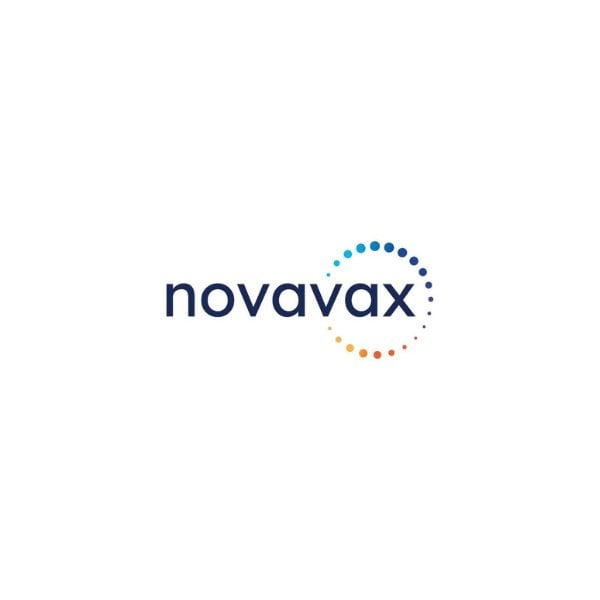

We’re over three years into the COVID-19 pandemic and it's fair to say the mood has certainly shifted.
After years of talking about restrictions, case numbers, and vaccines, many of us are feeling a bit COVID fatigued.
In early May, the World Health Organisation declared COVID-19 was no longer a global health emergency, with Director-General Dr Tedros, Adhanom Ghebreyesus noting the pandemic “has been on a downward trend”.
However, that doesn't mean we’re out of the woods yet.
“It is still changing,” he stressed. “The risk remains of new variants emerging that cause new surges in cases and deaths.”
So, while COVID isn’t dominating our news feeds like it once was, it’s still important we continue to do what we can to protect ourselves against the virus, which means getting vaccinated and staying up to date with top-up boosters.
To help you get your head around the latest vaccine advice, particularly as winter has arrived, we’ve rounded up everything you need to know about COVID boosters.
First up, why is it important to get a COVID-19 booster?
While many of us are probably over hearing about vaccines, it’s important we continue to top up our vaccine protection, as our immunity begins to wane over time.
Not only do boosters help to strengthen your immune system and reduce the severity of disease, a growing body of evidence shows they can lower the risk of long COVID.
It’s particularly important we are protecting ourselves and recharging our immunity as we head into winter, when other respiratory viruses are about.
“This year we will have Respiratory Syncytial Virus or RSV, COVID and influenza potentially all circulating at the same time and at reasonably high levels,” NSW Chief Health Officer Dr Kerry Chant told reporters last month.

Top Comments